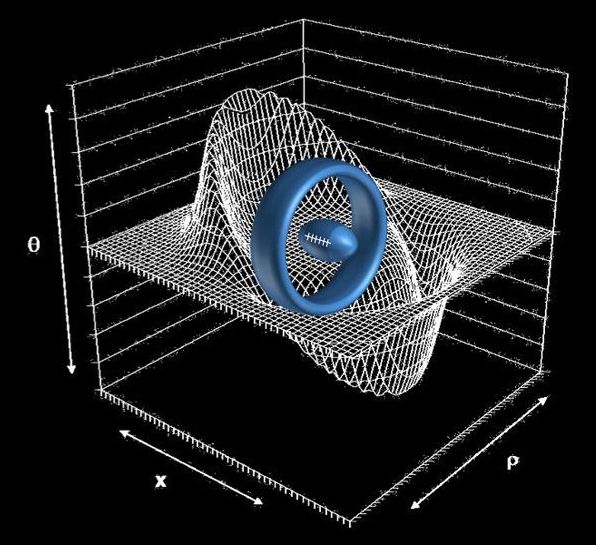A plastic water bottle can survive the rigors of an active lifestyle, but over time it will collect odd smells and flavors that eventually can’t be scrubbed out. A glass bottle is a better option, naturally eschewing mold and odors, but one wrong move and suddenly it’s a pile of shards. These Squeezable Glass bottles claim to offer the best of both worlds—but have a bit of a misleading claim to fame.
The bottles aren’t actually made from some indestructible self-repairing glass material discovered in a secret lab a decade ago; they’re plastic, which is why they can be squeezed without shattering. However, the insides of the bottles are coated with an incredibly thin layer of silicon dioxide—which is what glass is made from—that’s just 20 nanometers thick. It acts as barrier preventing smells, flavors, mold, and other bad stuff from sticking to the plastic, but it remains completely flexible.







